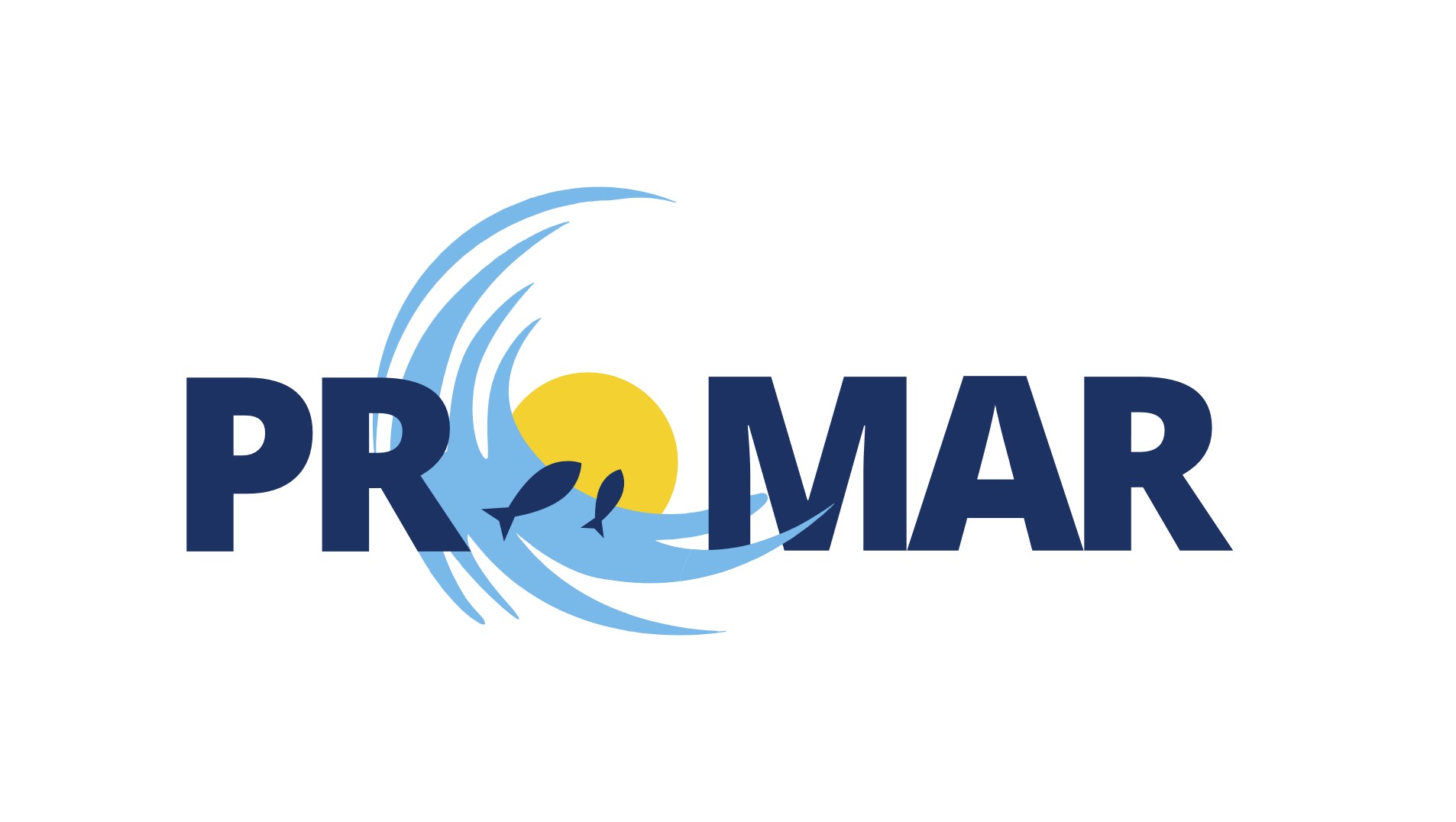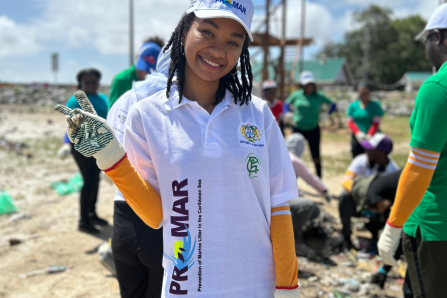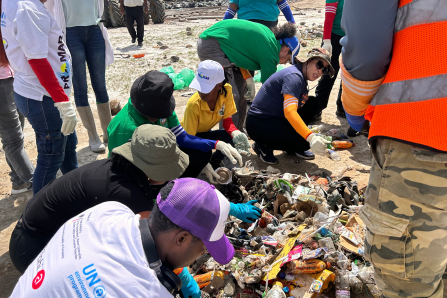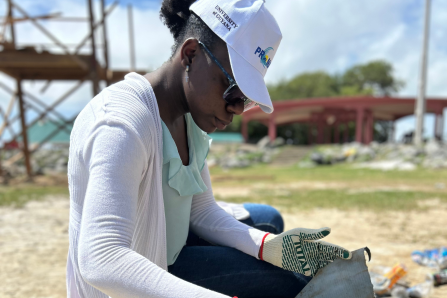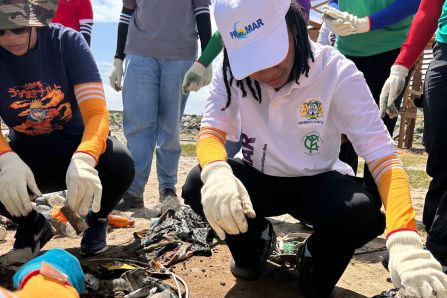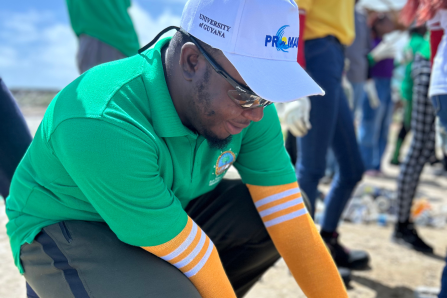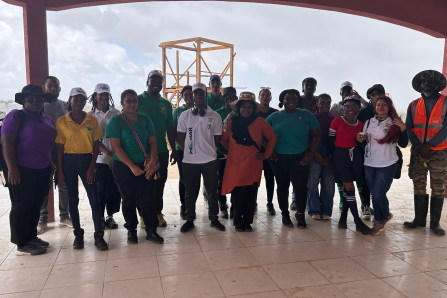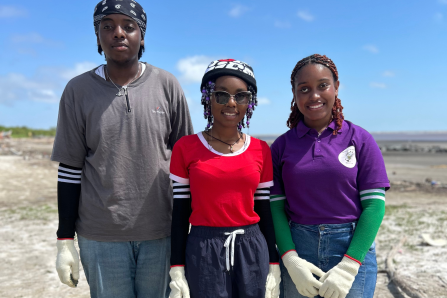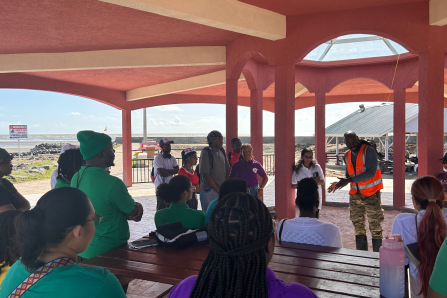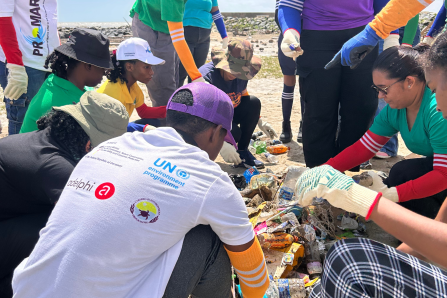Beach Clean up & Sampling Activity- Guyana
Tackling Coastal Pollution: CYEN and University of Guyana Remove Over 22 kg of Waste from Unity Beach
Plastic pollution continues to pose a major environmental challenge, especially in coastal regions where waste management infrastructure may be limited. In an effort to better understand and combat this issue, the Caribbean Youth Environment Network (CYEN) in partnership with the University of Guyana organized a Beach Clean-up and Sampling Activity at Unity Beach under the PROMAR (Prevention of Marine Litter in the Caribbean Sea) Project.
The event, held on April 26, 2025, brought together 28 dedicated volunteers, covering an area of approximately 58.8 x 10 square meters along the shoreline. Their collective efforts resulted in the removal of an estimated 22.36 kilograms of marine litter—an important step towards restoring the health of Guyana’s coastline.
Key Findings from the Clean-up
As part of the initiative, volunteers not only collected waste but also conducted detailed sampling to help identify the types and sources of pollution affecting Unity Beach. The most frequently collected items included:
Plastic fragments: 72 pieces (4,070g)
Single-use plastics: 42 items (2,775g)
Drink bottles: 54 bottles (2,535g)
Glass fragments: 79 pieces (940g)
Aluminum cans: 20 cans (985g)
Footwear: 6 items (1,515g)
Additional items such as electronic waste, cosmetic containers, food wrappers, disposable cups, and even used pampers were also found, illustrating the wide variety of land-based waste entering the marine environment.
Raising Awareness and Informing Action
This activity is more than just a clean-up—it’s a step towards evidence-based environmental action. By collecting and analyzing data on litter composition and distribution, the team aims to identify pollution trends and raise public awareness about the harmful impacts of plastic waste on coastal ecosystems and communities.
The findings will inform future outreach campaigns, educational programs, and local waste reduction strategies to promote long-term environmental sustainability. Engaging residents, volunteers, and stakeholders in this hands-on initiative reinforces the importance of community-driven action in addressing the marine litter crisis.
